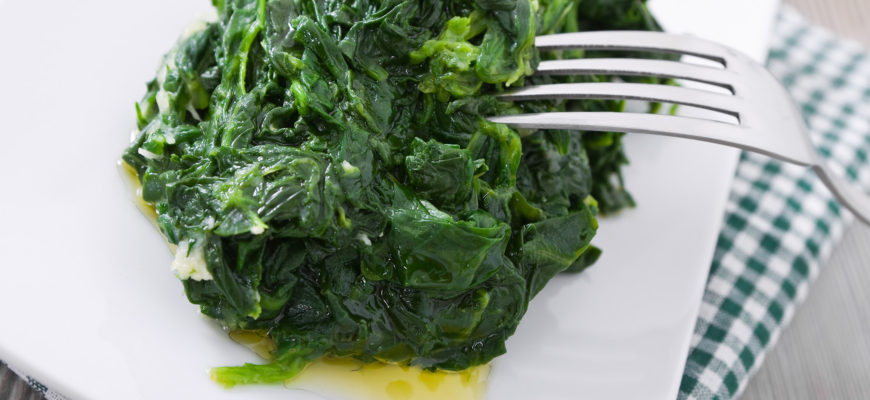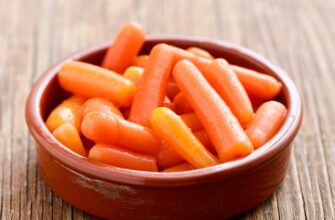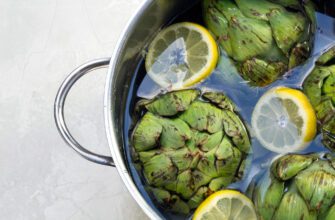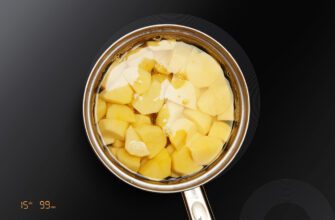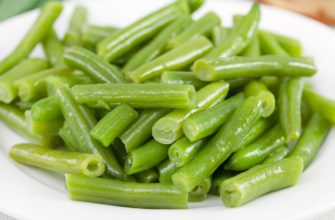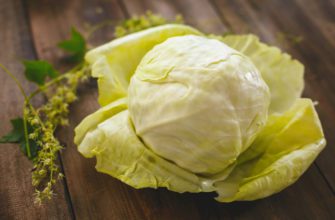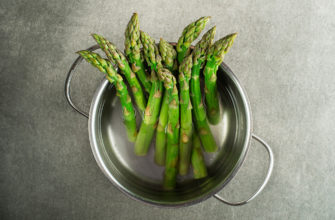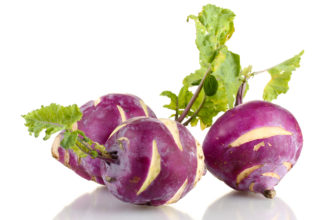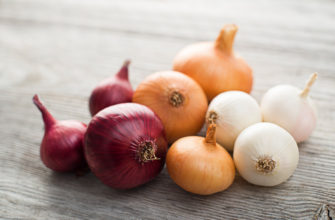Maybe you’re trying to make healthier choices moving into swimsuit season, or maybe you’re simply looking to diversify your weekly rotation of nourishing after-work dinners. If you’re new to the leafy greens, you may be wondering how long to boil spinach and how to tell if your spinach is perfectly cooked or overdone. Let’s take a look at some of the fundamentals of cooking with this nutritious vegetable, such as how long it takes to boil spinach and how to tell when spinach is cooked.
How Long Does it Take to Boil Spinach?
When was the last time you felt a fresh spinach leaf between your fingers? Chances are, you’ve noticed how sturdy and hearty these greens can feel—only to grow surprisingly velvety soft once boiled to perfection. So, how long to boil spinach so that it tastes the best and has the most nutritional benefits? The answer might surprise you.
For those who like a more toothsome eating experience (in eating spinach, that still has some decent chew), you’ll want to blanch your spinach between 30-50 seconds in hot water, then immediately remove the greens from the water and place them in an ice bath to stop the cooking. This produces bright, vibrant greens that still have most of their nutritional benefit—and make for delightful eating, as well.
For those who like their spinach a little more “well done,” you can consider boiling your spinach as long as 3 minutes before removing from heat, or simply place the greens in a hot pot of water, stir and, before draining, allow it to sit for 4 minutes.
How to Tell If Your Spinach Is Overcooked
Of course, everyone is entitled to their own opinion in terms of how long they like their greens cooked. Some recipes cook collards for hours and hours before they are considered done—and spinach can be treated in a similar manner, with a “long boil” of up to 4 minutes. However, once you cook your spinach for this long in hot water, you may wonder why your water looks green after the spinach has cooked. This is because the water actually absorbs some of the color and nutrients from the vegetable (via Live Strong).
This is why keeping your spinach cook time to a minimum helps not only to maintain the structural integrity of the spinach, but also to preserve some of those nutrients in the leaf so you “get more” out of your serving of the leafy green. Here are some ways to tell if your spinach is overcooked:
- Leaves fall apart, split or seem to disintegrate
- The water becomes cloudy, murky or slightly green-looking
- The spinach takes on a dull, grayish hue instead of the initial saturated, vibrant green
Why Eat Spinach?
| Nutrients in Spinach | 4 oz Serving Size | 8 oz Serving Size |
| Protein | 2.7g | 5.4g |
| Vitamin A | 9.432.9IU | 18,865.8IU |
| Vitamin E | 1.87mg | 3.74mg |
| Fiber | 2.16g | 4.32g |
| Zinc | 0.69mg | 1.37mg |
| Calcium | 122.4mg | 244.8mg |
| Iron | 3.2mg | 6.43 mg |
| Vitamin K | 444.24mcg | 888.48mcg |
| Magnesium | 78.3mg | 156.6mg |
| Potassium | 419.4mg | 838.8mg |
| Beta Carotene | 5,659.2mcg | 11,318.4mcg |
| Lutein | 10,177.2mcg | 20,354.4mcg |
| Vitamin C | 8.82mg | 17.64mg |
How to Boil Spinach
Now that you know how long to boil spinach, you will likely be able to blanch your greens in hot water, send them to an ice bath to immediately stop the cooking and enjoy them at room temperature or slightly before fully chilled. Regardless of how long you choose to cook your spinach, one thing’s for sure—that pot of “spinach water” afterwards is “liquid gold” in terms of nutrients—so look for ways to add it to smoothies, juices or even make ice cubes out of it and mix with your favorite beverage.

